French e-buyers & Brexit : how to deliver in France ?
France is the second largest e-commerce market in Europe, after the United Kingdom. In 2018, e-commerce generated 92.6 billion revenus (+13.4% compared with 2017). Fevad, the french e-commerce federation, predicts €100 billion turnover in 2019 ! As Brexit is knocking, a question is remaining : How will you continue to sell and deliver in France or even in Europe ?
IMX, a french delivery company, can bring to you leads, solutions and advice in order to find the best delivery network. IMX is your one-stop-source from France deliveries.
Find out more about deliveries to France right here !
"France is the second largest e-commerce market in Europe
after the United Kingdom"
An important market for foreign e-merchants
France is a market with high expectations and a population more and more connected particularly when the social situation gets worse (strikes, “Yellow Vests” movement…). 2019 is the worst year in the french social modern history with demonstrations almost every saturday… This situation pushes french consummer to order online.
On 65.36 million inhabitants, France counts 92% of internet users and, nearly 9 out of 10 of these users are online buyers (38.8 million). France has a high internet penetration rate, a large and diversified consumer base, a growing mobile services and a modern distribution structure.
In 2018, 56% of french consumers bought on a foreign website (source dpd). The access to foreign e-merchants sites is facilitated by the geographical situation of France.
The two main countries where french people buy are Germany and of course the United Kingdom. French e-buyers are looking for clothes/fashion, shoes and cosmetics. Thus, english websites take advantage of a high popularity amon french consumers drawn by brands like Asos, Marks and Spencer…
Payment methods used by french e-buyers
Credit card is the essential payment method in order to reach the french market. It is the most common payment method in France (80% of online purchases are paid with credit cards). It is also important to handle transaction security using for example SSL or 3D-Secure protocols, or displaying certifications. The second option is e-wallet such as Paypal (11,5% of french e-buyers use this solution in 2018). A mix of both payment methods will provide an essential coverage.
Delivery in France
A mix of existing networks is clearly the solution to satisfy french e-buyers. We can help on that topic by becoming your ONE entry point to connect the required networks.
If you want to target french consumers, you need to adapt your delivery strategy by offering the preferred delivery methods. According to Statista and Fevad, in 2018, 86% of e-buyers require “home deliveries” followed by “delivery to dedicated pick up points” (very popular in France).
IMX, as a partner, offers you solutions to access the entire delivery network in France with Colissimo, GLS, Colis Privé… and drop off points, as well as a postal tracked delivery solution direct to mailbox. Find out more about our solutions to deliver in France.
"The first consequence of Brexit is :
the UK becomes a third party country !"
How to sell ?
As a e-merchant exporting to a third-party country, you can :
- Sell duty free (change pricing policy on your site) and keep your export certificates
- Decide if you will sell in:
- DDU – your final customers will be required to pay VAT and customs duty
- DDP – you will include, in your sale price net of tax, VAT and customs duty which will be due to the entry of products within the European Union
How to deliver ?
There will be a border and therefore customs, which means that you will have to customs clear your products. The UK would fall out of the EU’s customs union under a no-deal Brexit, meaning UK companies would have to fill in customs declarations, change labels…
It is important to note that the border will be crowded that may delay deliveries. Once customs clearance is done, the final part remains: the delivery to the consignee and the possible recovery of VAT and taxes from the latter (case of the DDU). In case of DDU, this last part will be slowed down and will add costs.
It is necessary to anticipate: modification of your offer, evolution of your processes, increased delays, increase of costs, customs taxes.
What are the other possibilities ?
- If Europe is a strategic market in your business, you can try to manage a local storage directly with a logistics provicer. IMX can help you on this part if France is your targeted country.
- If you have significant orders, you can prepare a “bulk customs clearance” and have a tax representative to recover the VAT.
- If you sell light, low-value products, you can probably use postal or postal “tracked” solutions with minimum impact, at least until 2021 (no VAT, no customs taxes, zero or less customs clearance cost).
 English
English Français
Français Deutsch
Deutsch
